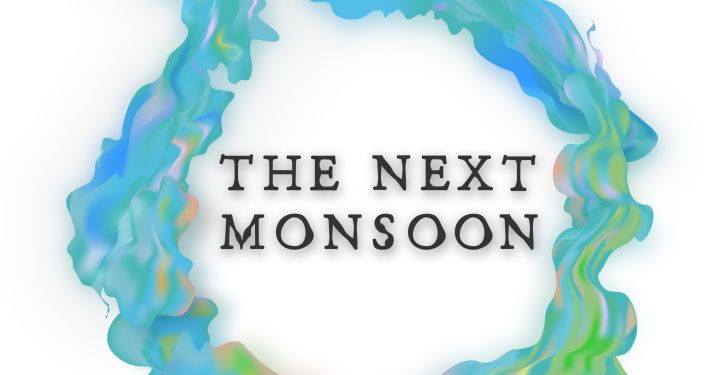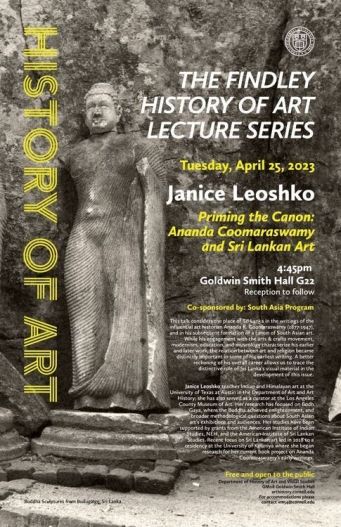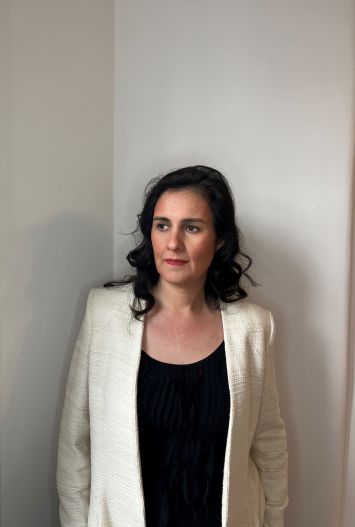South Asia Program
Why Everyone in Business Loves India Right Now

Kaushik Basu, SAP
“If you look at the overall data — GDP growth, the entire national income growing, India’s doing moderately well. The bottom end of India is not doing well. The key reason for that is in terms of employment, India is doing rather poorly,” says Kaushik Basu, professor of economics.
Additional Information
Listen to our new podcast "The Next Monsoon"

Join hosts Daniel Bass and Shavin Seneviratne for this biweekly podcast, which examines how art and culture can help us navigate the uncertain future.
Twitter Blue Tick: Multiple Hillarys and New Yorks as Verifications Disappear

Kaushik Basu, SAP
Kaushik Basu, professor of economics, weighs on on Twitter's decision to offer paid-only verifications.
Additional Information
The Next Monsoon

By Our Faculty
The Next Monsoon podcast examines how art and culture can help us navigate the uncertain future. Hosts Daniel Bass and Shavin Seneviratne look at contemporary cultural responses to climate change through visual arts, cinema, literature, architecture, and more in conversations with humanities scholars and practitioners. We investigate historical and contemporary works to understand our ever-changing relationship with the climate.
Other
Additional Information
The Findley Lecture with Professor Janice Leoshko

April 25, 2023
4:45 pm
Goldwin Smith Hall, G22
“Priming the Canon: Ananda Coomaraswamy and Sri Lankan Art”
There has been much discussion about how to understand Ananda K. Coomaraswamy (1877-1947) as an influential voice in art history. This talks considers the place of Sri Lanka in his intellectual process, and therefore in the underlying energies of his formation of a canon of South Asian art. Situating how Coomaraswamy was shaped by his Sri Lankan experiences where he worked as a mineralogist from 1903 through 1906 can help to open up an engagement with debates about the value of art. His connections to various networks, some oriented towards the arts & crafts movement, some engaged with rising modernist concerns, and others part of broad educational efforts, reflect a situation not unique to him in the early twentieth century. What was more unusual was the way in which he chose to highlight certain aspects of his experiences as the relation of art and religion became distinctly important to him. A better reckoning of his writing allows us to trace the presence of Sri Lankan visual material in certain early-twentieth-century conversations where it held a greater significance than heretofore realized.
Janice Leoshko teaches courses on Indian and Himalayan art at the University of Texas at Austin in the department of Art and Art History; she also spent some years as a curator at the Los Angeles County Museum of Art. Her research and publications deal with various issues, but most especially have focused on Buddhist art of eastern India. A recent turn to Sri Lankan art led to her current book project on the early work of Ananda Coomaraswamy.
Additional Information
Program
South Asia Program
PMAPS Colloquium: Shanti Pillai & Marc Gomes

April 21, 2023
3:00 pm
Schwartz Center for Performing Arts, Film Forum
To the Academy is a multimedia performance work inspired by Kafka’s short story, A Report for an Academy, and the ancient Sanskrit treatise on performance, The Natyashastra. The piece weaves a tale about an ape couple rehearsing a music hall show for a group of scholars. As the apes grapple with how to entertain their audience, they stage a sexy romp through contemporary culture wars and collapsing institutions. The one-hour performance is followed by discussion with the audience. Content Warning: moment of nudity.
Additional Information
Program
South Asia Program
Novelist Kamila Shamsie to Speak on History, Memory

Tagore Lecture on Friday, 4/14
Kamila Shamsie will give a reading and lecture on her new novel at this year’s Tagore Lecture from the South Asia Program. Don't miss it!
Additional Information
US Firms 'More Negative' about Doing Business in China

Eswar Prasad, SAP
Eswar Prasad, professor of economics and international trade policy, says, “The reality is that China does need a lot of products, especially technology products from the US, and the US does have a lot of companies that run their supply chains through China.”
Additional Information
The World Will Regret Its Retreat from Globalization

Eswar Prasad, SAP/Einaudi
This essay written by Eswar Prasad, professor of economics and international trade policy, discusses the impact of countries retreating from globalization.
Additional Information
Grad Chats: Best Practices and Challenges in International Field Research (Rescheduled Event)

March 30, 2023
4:30 pm
Uris Hall, G-02
Conducting international fieldwork provides significant value for dissertation research in various disciplines. Panelists will share information, guidance, and lessons learned related to planning, preparing, and conducting fieldwork overseas. Topics include factors shaping field site location(s) and/or partner(s), handling the logistics of fieldwork, data accumulation and protection in varied contexts, models and practices of in situ collaborations, and planning for and getting acclimated to living and working in a new environment and culture.
Moderator
Chris Barrett (Dyson School)Panelists
Emily Dunlop (Government, A&S)Samantha Lee Huey (Nutritional Sciences, CHE)Stacey Langwick (Anthropology, A&S)***
Grad Chats: Conversations on International Research and Practice is a series hosted by the Mario Einaudi Center for International Studies to support graduate students with interdisciplinary training and planning around conducting international research.
Spring 2023 Schedule
From Plan A to Plan B: Designing Research for a Changing World (Thursday, February 16, 4:30 pm – 6:00 pm, Uris Hall G02)Beyond the IRB: Ethics and International Research (Wednesday, March 29, 4:30 pm – 6:00 pm, Uris Hall G08)Best Practices and Challenges in International Field Research (Thursday, March 30, 4:30 pm – 6:00 pm, Uris Hall G02)Finding a Research Focus through Creative Writing (Tuesday, April 18, 4:30 pm – 6:00 pm, Uris Hall G08)Travel Health and Safety Awareness for Conducting Research Abroad (Tuesday, May 9, 4:30 pm – 6:00 pm, Uris Hall G08)
Additional Information
Program
Einaudi Center for International Studies
East Asia Program
Southeast Asia Program
Latin American and Caribbean Studies
Institute for African Development
Institute for European Studies
South Asia Program
